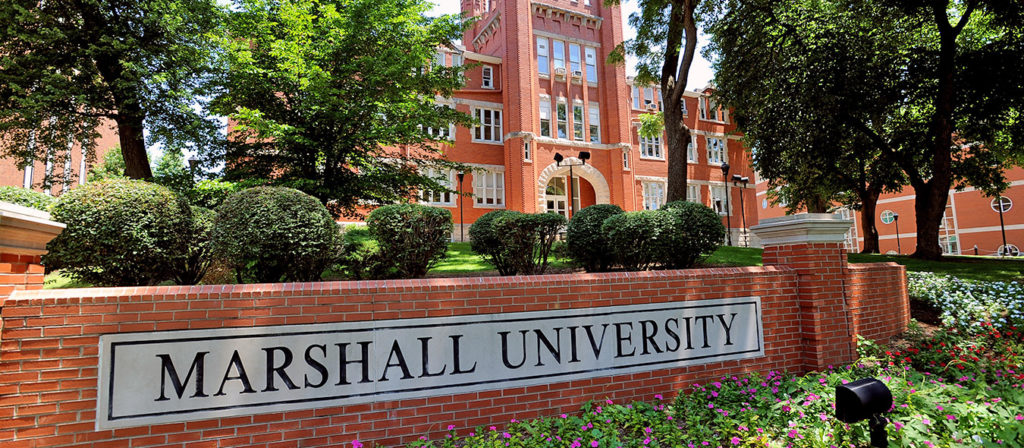Marshall University Joan C. Edwards School of Medicine is initiating a new clinical trial to evaluate the efficacy and safety of using biologic augmentation during anterior cruciate ligament, or ACL, reconstruction surgery.
This minimally invasive technique uses a mixture of bone marrow concentrate, autograft bone and demineralized bone matrix to fill the tunnels within the knee joint during traditional ACL reconstruction. This technique also utilizes an innovative concept of internal brace reinforcement to improve stability of the healing ACL.
Chad D. Lavender, M.D., a board-certified orthopaedic surgeon at Marshall Health and assistant professor in the department of orthopaedic surgery at Marshall’s School of Medicine, was the lead on the development of the new technique – known as the “fertilized ACL” – being studied in the trial.
“Our goal is to identify and quantify possible improvements in pain, failure rates and clinical outcomes from our enhanced ACL technique. We will closely follow return to play outcomes and will be obtaining advanced imaging to show healing of our reconstructions and surrounding tissues,” said Lavender.
Patients who meet the study’s inclusion criteria will be randomly placed into two groups—one using biologic augmentation and one using traditional ACL reconstruction – with half undergoing surgery with the studied technique.
Marshall is now recruiting 100 patients for the study. To be eligible to participate, patients must be aged 14-40 years old with a recently torn ACL. The surgeries will be performed at Cabell Huntington Hospital.
Participants will attend regularly scheduled study visits with Marshall Health physicians for ongoing assessment. Any additional imaging or visits needed for the trial outside the standard of care will be paid for by the study. For more information about the clinical trial or to schedule an assessment to see if you meet the criteria, please contact Lavender at Marshall Orthopaedics in Teays Valley at 304-691-6710.
Originally from April B. Walker for Marshall University Communications.
